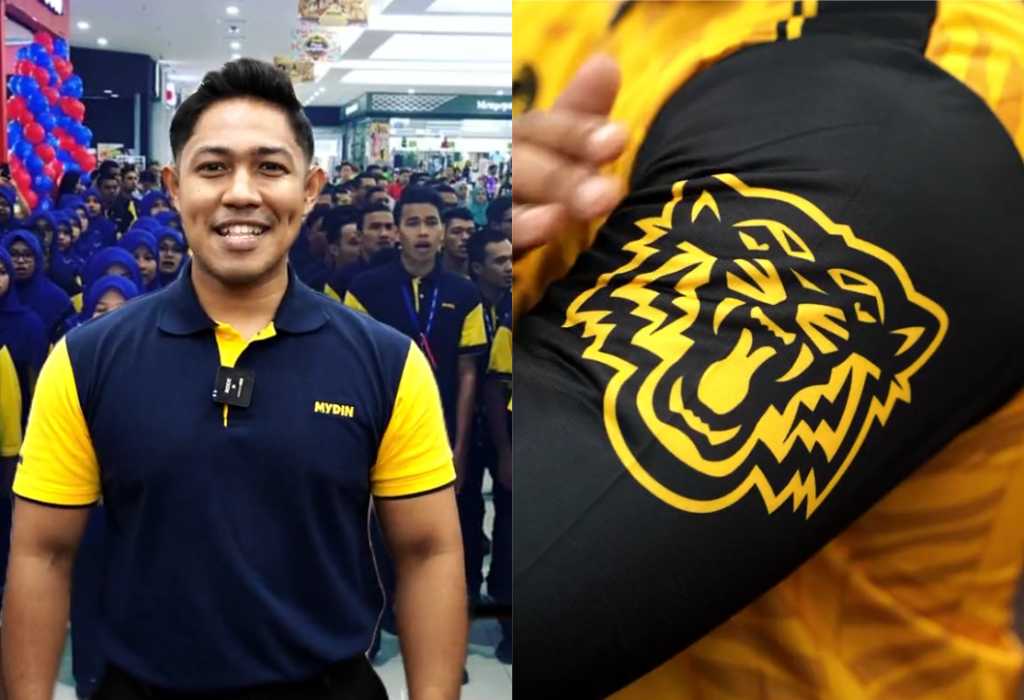By The Malketeer
The Olympic Uniform Debacle
In the age of social media, the line between national representation and corporate opportunism has never been thinner.
The recent debacle surrounding Malaysia’s official Olympic attire for the 2024 Paris Games serves as a master-class in how not to launch a national brand – and how a savvy retailer can turn public disappointment into marketing gold!
The unveiling of Malaysia’s Olympic kit on June 23 should have been a moment of national pride.
Instead, it became a public relations nightmare.
Sports enthusiasts took to social media in droves, lambasting the Yonex-designed outfits as outdated and uninspiring.
The Youth and Sports Ministry’s attempt to distance itself from the decision only fanned the flames, transforming a design misstep into a political hot potato.

Mydin’s Marketing Masterstroke
Enter Mydin, a Malaysian retail chain better known for its hypermarkets than its haute couture.
In a stroke of marketing brilliance, Mydin’s social media team seized the moment, posting a TikTok video featuring their own staff in uniforms remarkably similar to the criticised Olympic attire.
The caption? A cheeky, “We are ready to represent Malaysia!”
This swift, witty response exemplifies the new rules of engagement in the digital age.
While the official bodies fumbled with mannequins and press releases, Mydin showcased real people in real clothes, instantly connecting with a public hungry for authenticity.
The contrast couldn’t have been starker – or more damaging to the official Olympic effort.
The New Rules of Engagement
Mydin’s success goes beyond mere opportunism.
It highlights a deeper understanding of the modern media landscape, where speed, relevance, and humour are the currency of public attention.
By tapping into the zeitgeist, Mydin transformed a national embarrassment into a moment of shared laughter and pride in Malaysian ingenuity.
Blurring Lines: Patriotism vs. Commercialism
However, this episode also raises questions about the boundaries between patriotism and commercialism.
While Mydin’s response was undoubtedly clever, it also capitalised on a moment of national disappointment.
The ease with which a retail chain could position itself as a more authentic representative of Malaysian identity than the official Olympic body is both impressive and slightly disconcerting.

The Power Shift in Brand Communication
Moreover, the incident underscores the power shift in brand communication.
Traditional advertising channels have given way to social media platforms where consumers are not just recipients of messages but active participants in shaping brand narratives.
Mydin’s success came not just from its initial post, but from the thousands of Malaysians who shared, commented, and amplified its message.
Lessons for the Future
In the end, this Olympic uniform controversy reveals more than just a design failure.
It exposes the evolving relationship between brands, national identity, and public opinion in the digital age.
While the Ministry of Youth and Sports and the Olympic Council of Malaysia are left to ponder their missteps, Mydin has emerged as an unlikely victor in the court of public opinion.
As we look towards the Paris Olympics, one can’t help but wonder: in the race for national representation, has a hypermarket chain outpaced Malaysia’s official sporting bodies?
If nothing else, this episode serves as a potent reminder that in the modern world, agility, authenticity, and a good sense of humour can be worth their weight in gold – Olympic or otherwise.
MARKETING Magazine is not responsible for the content of external sites.










